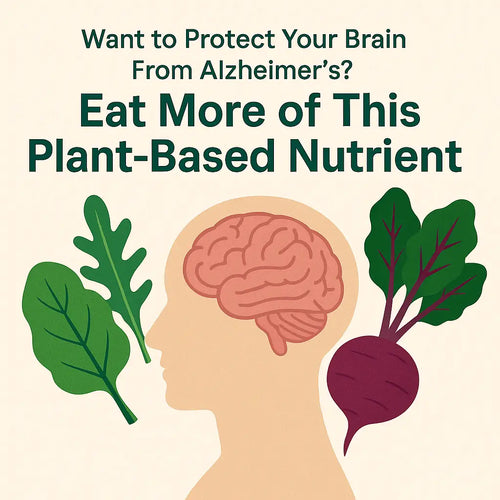
Alzheimer's disease is a progressive neurodegenerative disorder of the cortex and hippocampus, which leads to cognitive impairment if nothing is done to intervene.
Many studies have shown that resveratrol has antioxidant, anti-inflammatory, and neuroprotective properties and can decrease the toxicity and aggregation of β-amyloid in the hippocampus of Alzheimer’s patients, promote neurogenesis, and prevent hippocampal damage (Gomes BAQ et.al., 2018).
β-amyloid is the main component of amyloid plaques found in the brains of people with Alzheimer’s.
Resveratrol also activates SIRT1 which plays a vital role in the growth and differentiation of neurons. SIRT1 is a protein which is considered a master metabolic regulator.
Reference
Bruno Alexandre Quadros Gomes, João Paulo Bastos Silva, Camila Fernanda Rodrigues Romeiro, Sávio Monteiro Dos Santos, Caroline Azulay Rodrigues, Pricila Rodrigues Gonçalves, Joni Tetsuo Sakai, Paulo Fernando Santos Mendes, Everton Luiz Pompeu Varela, Marta Chagas Monteiro, Neuroprotective Mechanisms of Resveratrol in Alzheimer's Disease: Role of SIRT1, Oxid Med Cell Longev. 2018 Oct 30;2018:8152373










